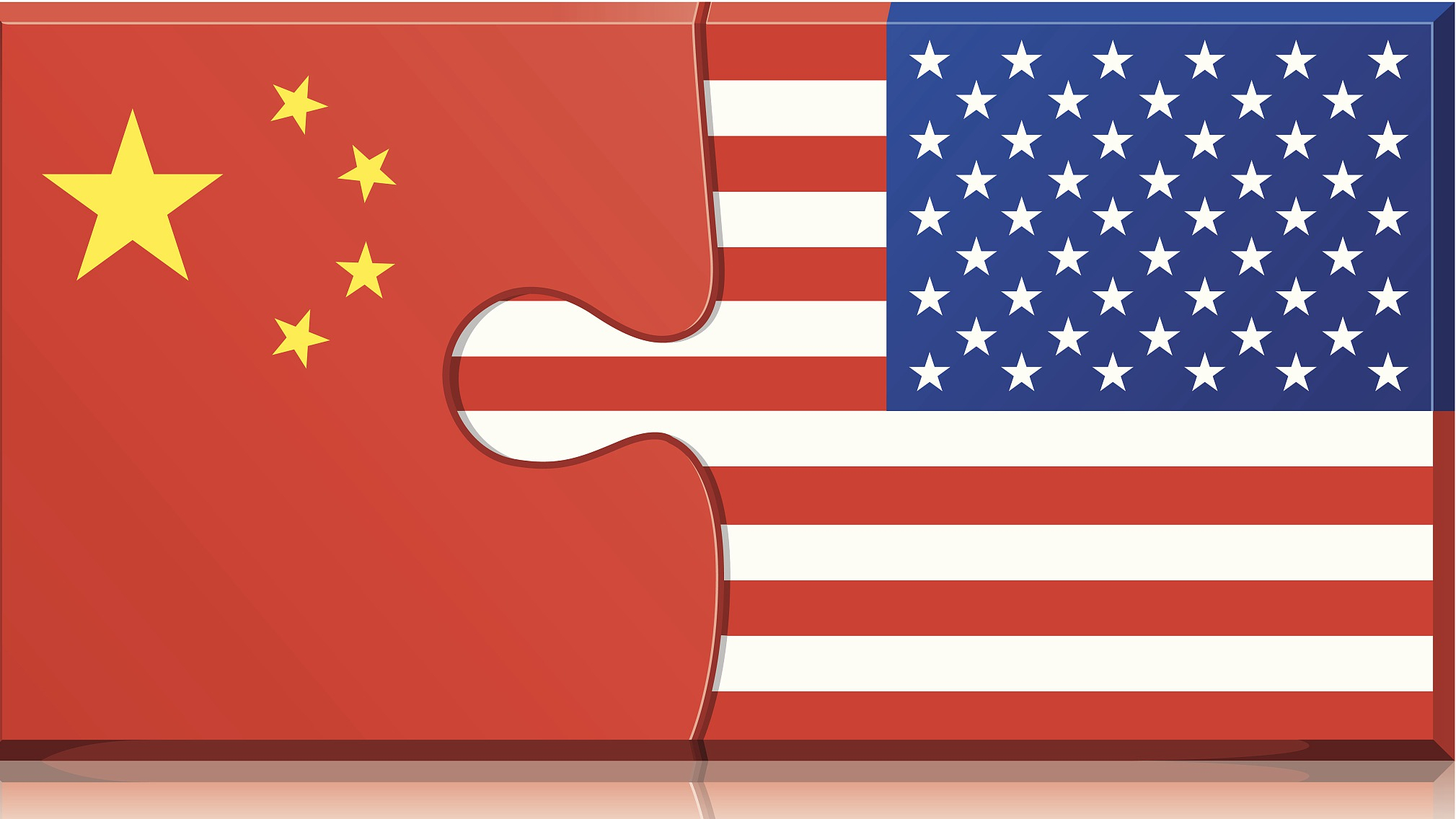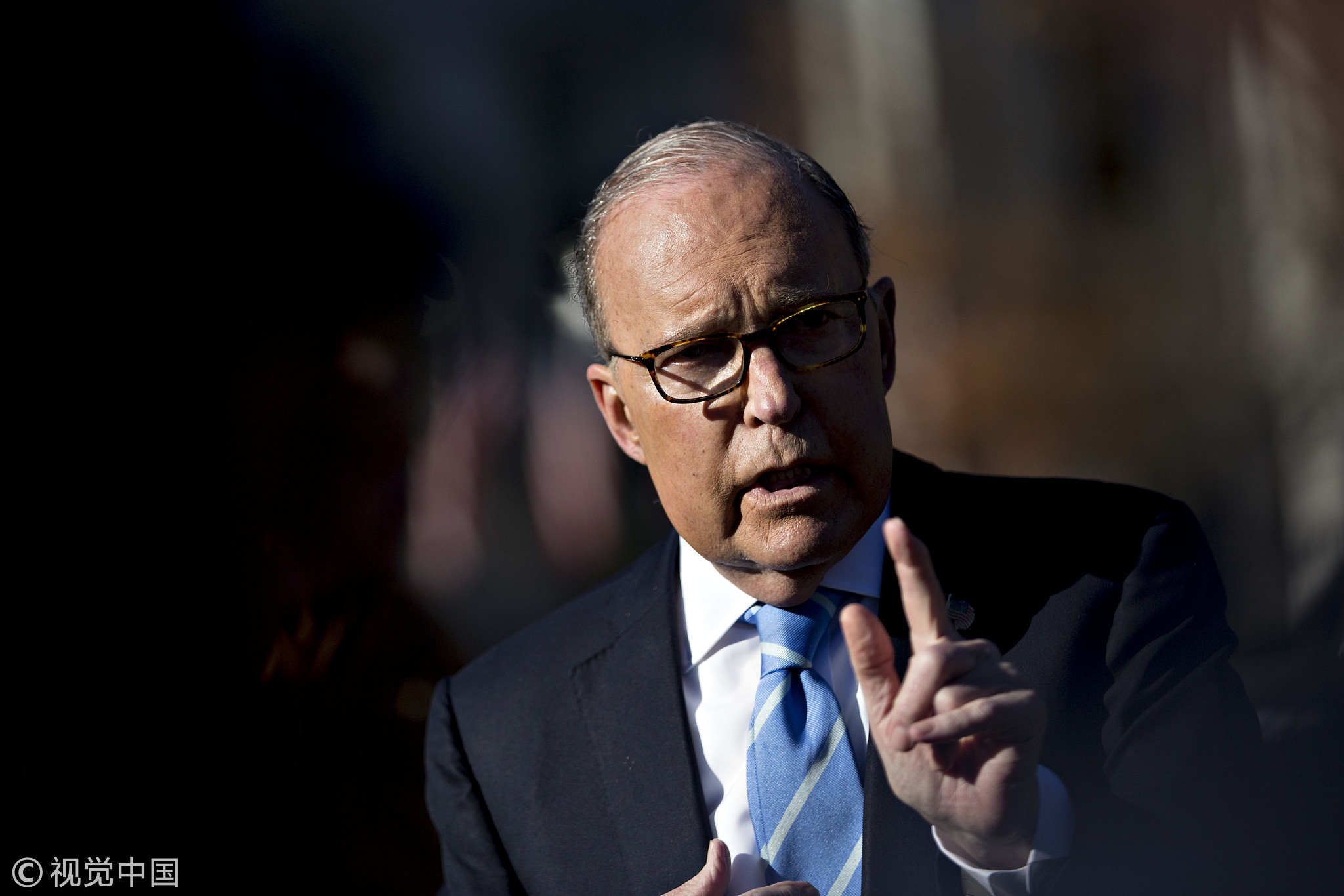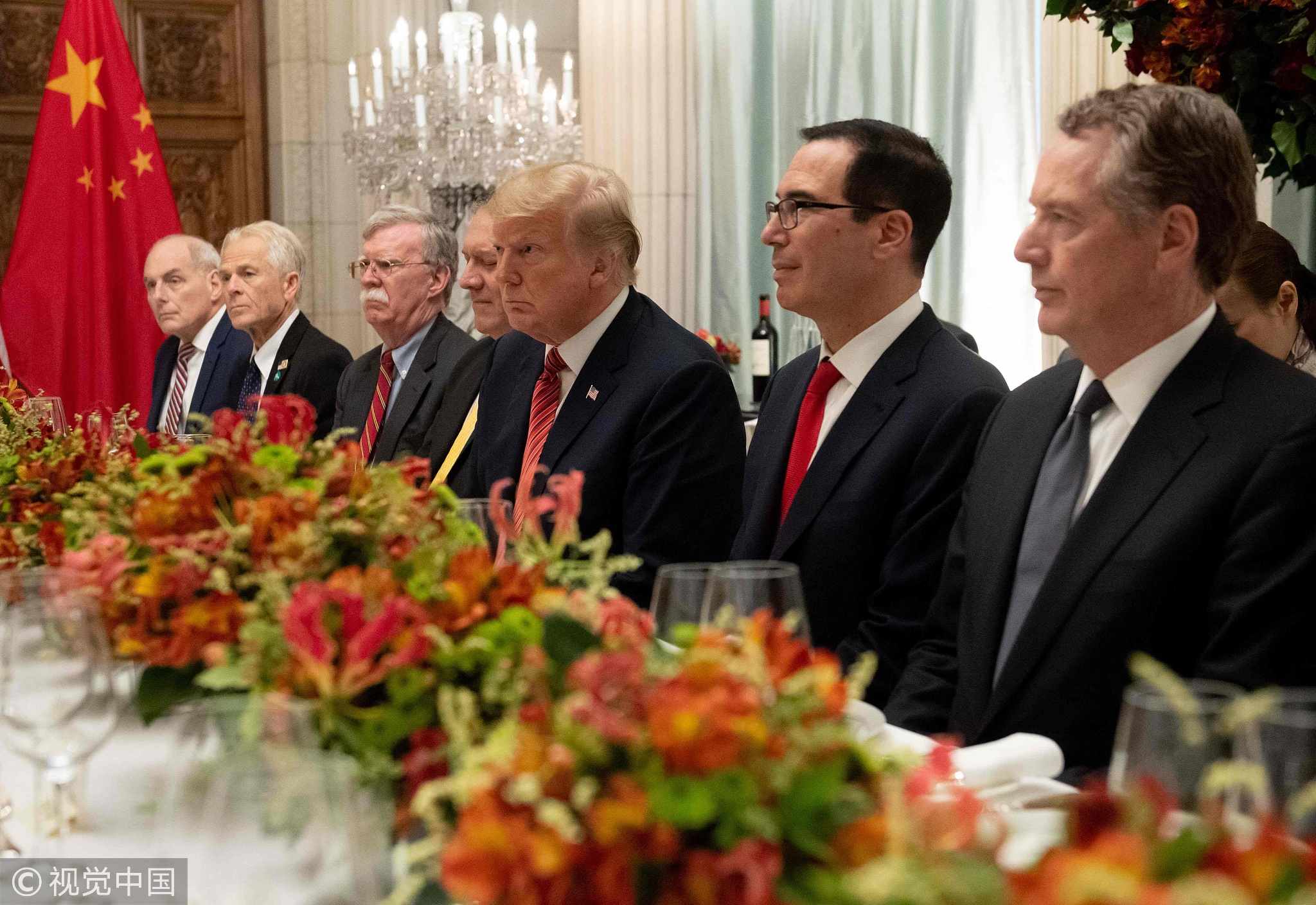
Opinions
11:20, 07-Dec-2018
Opinion: Will China make concessions to the United States?
Updated
10:49, 10-Dec-2018
Meng Weizhan

Editor's Note: Meng Weizhan is an assistant research professor at China Institute, Fudan University. The article reflects the author's views, and not necessarily those of CGTN.
Chinese President Xi Jinping and his U.S. counterpart Donald Trump reached a three-month trade "ceasefire" agreement in Buenos Aires, Argentina on December 1, 2018. What will China do next? Will China compromise with the United States and succumb to most of the U.S. demands?
Since the United States launched a trade war against China in June 2018, there have been diverse voices regarding how China should deal with such a challenge. Some even argued that China should meet all demands that the U.S. proposes to avoid possible economic loss once there is a full-blown trade war.
But such a view is unrealistic, and most importantly, naïve. Even if China makes a substantial compromise with the United States, it is unlikely that a new equilibrium will emerge between the two countries. Also, the U.S. will most likely pressure China on other issues other than trade.
China is willing to work in the direction that benefits both parties, but will never make any concessions that may threaten China's core interests. The U.S. should change the way it views China.
First, the trade war may only be the prelude to American efforts to curtail China's rise. Even if consensus was made on the trade issue, the U.S. would probably find other ways to hinder China's development in manufacturing and high-tech industries.

Larry Kudlow, director of the U.S. National Economic Council, speaks to the media on the Sino-US trade issue outside the White House in Washington, D.C., U.S., December 3, 2018. /VCG Photo
Larry Kudlow, director of the U.S. National Economic Council, speaks to the media on the Sino-US trade issue outside the White House in Washington, D.C., U.S., December 3, 2018. /VCG Photo
It could be assumed that the United States will also demand the WTO to carry out reforms in the economic interest of the U.S.
Second, even if China did it utmost to address America's concerns such as strengthening intellectual property protection and enhancing cybersecurity, the trade imbalance between China and the United States will not diminish.
Americans believe that China's trade policy toward the United States has led to the trade deficit. However, the trade deficit is, in reality, a result of Americans' over-estimate of their production capacity.
The U.S. administration has blamed China for not opening its market enough to address the trade imbalance. In fact, China has been sparing no effort in addressing the issue, such as lowering tariffs on 1,585 imported goods and holding the world's first-ever import expo.
The U.S., on the contrary, has always been tight on its technology exports to developing countries. Chinese Commerce Minister Zhong Shan said earlier that the trade deficit "will reduce by 35 percent should Washington loose restrictions on high-tech trade with China."

US President Donald Trump (C), US Secretary of the Treasury Steven Mnuchin (2-R) and members of their delegation have dinner with Chinese leadership at the end of the G20 Leaders' Summit in Buenos Aires, Argentina, December 1, 2018. /VCG Photo
US President Donald Trump (C), US Secretary of the Treasury Steven Mnuchin (2-R) and members of their delegation have dinner with Chinese leadership at the end of the G20 Leaders' Summit in Buenos Aires, Argentina, December 1, 2018. /VCG Photo
It is not that China refuses to open up to the United States but that the United States refuses to open up to China. If Americans remain unaware of the true problem, the U.S. will once again blame China for "irresponsibility."
Third, some Westerners are pointing a criticizing finger at China's socialist system. It is the capitalist system, rather than the socialist system that is highly insecure. If China's economy is over-reliant on the United States, China will not be able to shoulder the losses caused by the 2008 economic crisis.
Although China's state-owned enterprises have many problems, such as inefficiency and lack of vitality, they can guarantee the security of the national economic system if the crisis occurs.
How can increased severity in the differences between China and the United States be avoided? China has already exhibited its goodwill and desire for win-win cooperation. In turn, the United States should put aside its arrogant attitude, accept China's rise and try to understand China's history and its distinctive development path.
(If you want to contribute and have specific expertise, please contact us at opinions@cgtn.com.)

SITEMAP
Copyright © 2018 CGTN. Beijing ICP prepared NO.16065310-3
Copyright © 2018 CGTN. Beijing ICP prepared NO.16065310-3